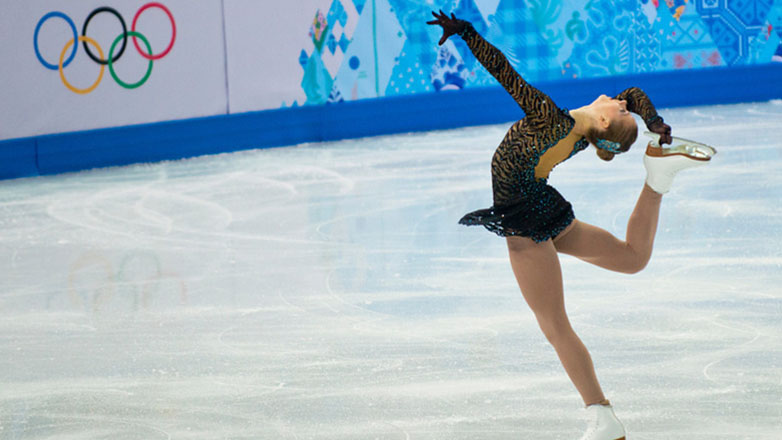
If this week has taught us anything, it's that tech's biggest firms have are determined to make 2014 the year that wearable tech goes mainstream.
HTC's competing, with promises of a wearable device this side of Christmas. Apple's at it, with rumours suggesting that sleep monitoring will be part of the functionality of its much-hyped iWatch. And of course Google's at it, with ever more uses for Google Glass.
Google's next customer could well be Robocop: this week we discovered that the NYPD is experimenting with Google Glass in a move Chris Smith describes as "the Five-O going AR." Don't get too excited, though: the number of headsets the NYPD has ordered currently stands at a massive, er, two.
The NYPD wants to see if Google Glass can make its people more efficient, and so does Virgin Atlantic: this week the airline announced a trial of Google Glass for its Upper Class customers, and Virgin hopes that the technology will speed checkin, deliver more personalised service and generally make its customers feel more pampered.
Working wearables
There may be a downside to that, though: as Gary Marshall imagined the various real-world things Google Glass would be brilliant for - engineers looking at blueprints, mechanics looking up manufacturers' tolerances, drivers checking itineraries and so on - a worrying thought occurred to him. "Such uses will make wearables like the Windows PCs of yore: the kit you associate with boring stuff you do in your day job. If we're strutting around wearing Glass all day, will we still want to wear it when we get home?"
The answer might be yes if your day job is being an athlete: It turns out that one of the most important training regimes an Olympian can do involves, er, staring at a screen.
While all kinds of firms have been trying to take the gold in gadget garb, the world has been cheering on the athletes at the Winter Olympics and we've been discovering the apps that help to give them the edge.
Get daily insight, inspiration and deals in your inbox
Sign up for breaking news, reviews, opinion, top tech deals, and more.
As Hugh Langley explains, "if the US bobsled and skeleton team win big at this year's Winter Olympics, they'll have more than their coaches to thank… [they] have been perfecting their technique using free video analysis app Ubersense Coach on the iPad."
That isn't the only app helping to shape the Olympics, either: Coach's Eye is helping freestyle skiers, and can be used for all kinds of sports - especially ones involving swinging things at other things. We'll find out the results in just a few days time.
A cold climate for 4K
The Sochi Olympics are being filmed in Ultra HD, aka 4K, but it isn't being broadcast to ordinary sports fans using the technology. Kevin Lee uncovers a complex tale of new technologies and private viewing parties, and notes that the "elephant in the room slowing Ultra HD 4K TV's growth and its support" is good old HD with its ever-bigger screens and ever-smaller price tags. 4K sales have been fairly small so far, but "there is a fighting chance 4K coverage may be available by the time the next Olympics rolls."
As Steve May suggests, manufacturers waiting for 4K to save their businesses may have to wait for a rather long time, because another sales boom probably isn't coming. "The hard truth is that TV has turned int a penguin business," he says. "It's unlikely to fly again, despite huge technology leaps."
The TechRadar hive mind. The Megazord. The Voltron. When our powers combine, we become 'TECHRADAR STAFF'. You'll usually see this author name when the entire team has collaborated on a project or an article, whether that's a run-down ranking of our favorite Marvel films, or a round-up of all the coolest things we've collectively seen at annual tech shows like CES and MWC. We are one.